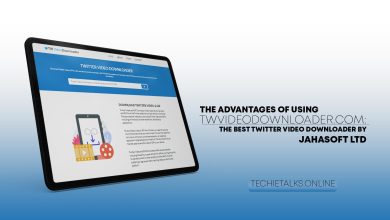After many statements from the past few months, Huawei has completely disclosed its most anticipated in-house operating system, Named as a HarmonyOS for international markets and HongMengOS for chine, it’s home market.
Yesterday, at the Huawei annual developer’s conference where the consumer group CEO Richard Yu told the attendant that this operating system will support Smartphones, Tablets, Computers, Smartwatches, Smart Speakers, Cars, and Wireless Earbuds.
Harmony operating system has been declared in the wake of the United State trade ban against china.
Where the United State of America government put Huawei and 60+ affiliates in an entity list, Restricting United State firms from conducting businesses with the Chinese giant,
Even-though the president of United States of America Donald Trump partially lifted the ban, Yet the United State commerce department is banning Huawei.
According to CEO of Huawei Richard Yu, The HarmonyOS is better than Android without displaying any kind of Proofs he said:
“HarmonyOS is more powerful and secure than Android. Can it be installed on smartphones? Of course.”
Richard Yu said:
“A modularized HarmonyOS can be nested to adapt flexibly to any device to create a seamless cross-device experience. Developed via the distributed capability kit, it builds the foundation of a shared developer ecosystem.”
As per Huawei’s statement at the conference, Huawei is going to launch the Harmony OS with its smart screen products in the fourth quarter of this year (2019).
In the Emailed press launch, Huawei Stated;
“HarmonyOS 1.0 will be first adopted in its smart screen products, which are due to launch later this year. Over the next three years, HarmonyOS will be optimized and gradually adopted across a broader range of smart devices, including wearables, Huawei Vision, and head units for your car.”
This operating system is an open-source platform that will be supporting a range of apps, individually nothing that HTML5, Linux and Android apps will be compatible. The ARK compiler used in HarmonyOS app development will also support C, C++, Java, JavaScript, and Kotlin.



